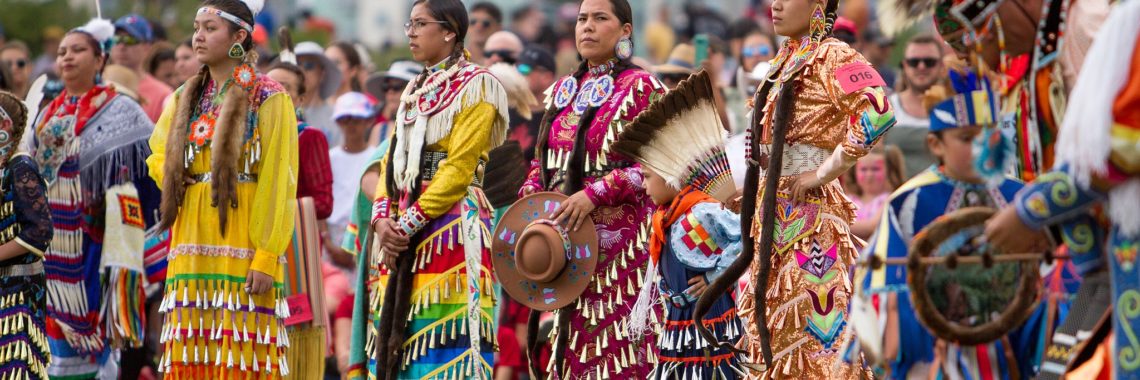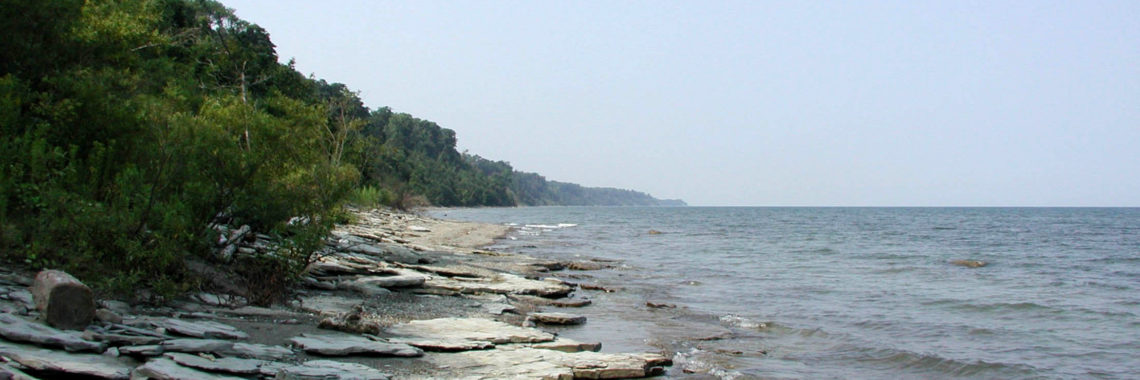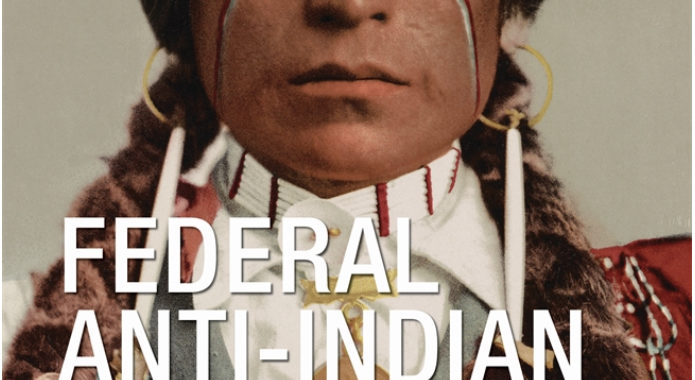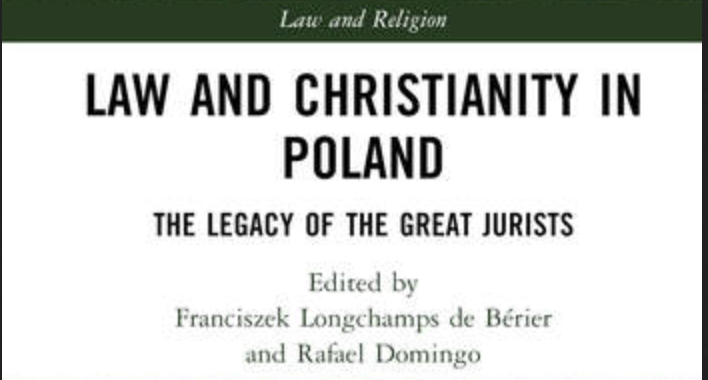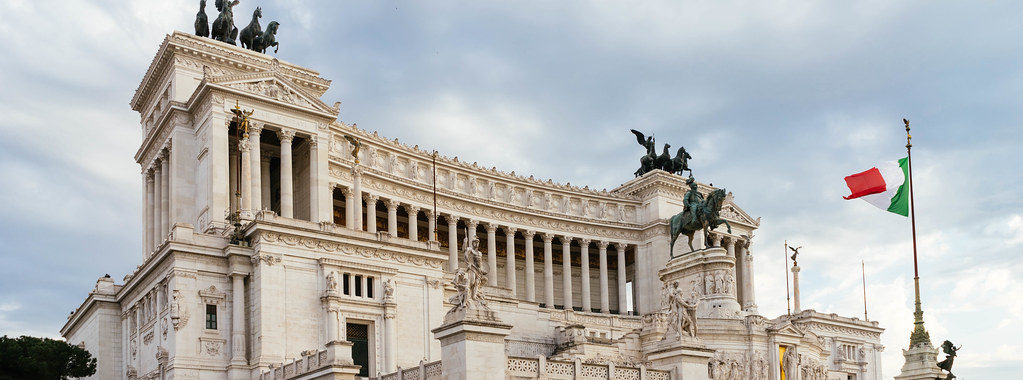“Haaland v. Brackeen and the Logic of Discovery” by Dana Lloyd
Old Supreme Court Chamber by Michael Savidge (CC BY-SA 4.0). This article is part of our “200 Years of Johnson v. M’Intosh: Law, Religion, and Native American Lands” series. If you’d like to check out other articles in this series, click here. In 1823, the U.S. Supreme Court handed down a decision in Johnson v M’Intosh, the first…



